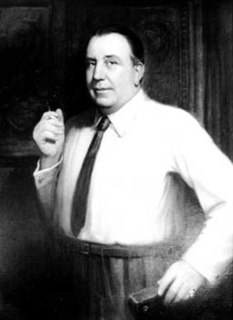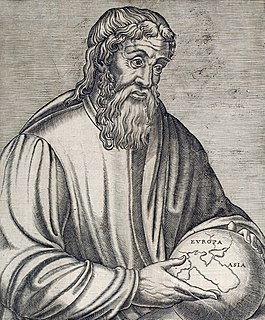A Quote by Wilson Mizner
The worst-tempered people I've ever met were people who knew they were wrong.
Related Quotes
[Some of the people I'd met] were wonderful people as human beings, and some people were more difficult. I could not see a correlation between their particular genius in playing chess and music and mathematics, etc. ... with human qualities. Some were really good, wonderful people, and some were difficult characters, but there was no clear correlation. But when I met some spiritual masters, [I thought that] there had to be a correlation, and it turned out to be true.
Three classes inhabited the city (Alexandria in Egypt): first the Aegyptian or native stock of people, who were quick-tempered and not inclined to civil life; and secondly the mercenary class, who were severe and numerous and intractable...; and, third, the tribe of the Alexandrians, who also were not distinctly inclined to civil life, and for the same reasons, but still they were better than those others, for even though they were a mixed people, still they were Greeks by origin and mindful of the customs common to the Greeks.
I always tell our community that we should attract the people Jesus attracted and frustrate the people Jesus frustrated. It's certainly never our goal to frustrate, but it is worth noting that the people who were constantly agitated were the self-righteous, religious elite, the rich, and the powerful. But the people who were fascinated by him, by his love and grace, were folks who were already wounded and ostracized — folks who didn't have much to lose, who already knew full well that they were broken and needed a Savior.
When I was in high school in the early 1970s, we knew we were running out of oil; we knew that easy sources were being capped; we knew that diversifying would be much better; we knew that there were terrible dictators and horrible governments that we were enriching who hated us. We knew all that and we did really nothing.
In refugee camps around the world, I met people who were gone. They were still walking around but had lost so much that they were unable to claim any sort of identity. Others I met found who they truly were, and they generally found it through service to others. They became teachers when there was no school, books or pencils.





































